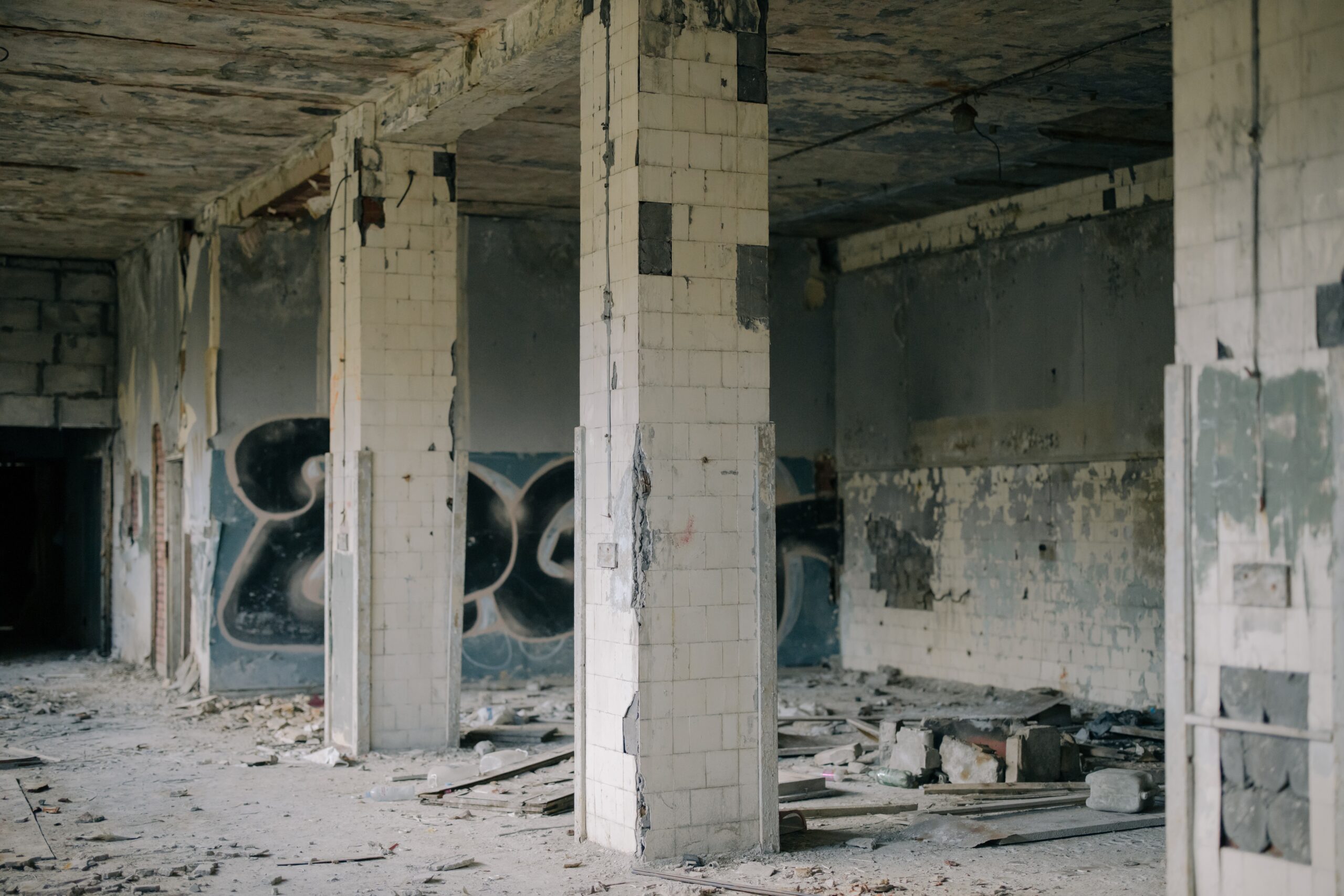Delving into the Depths: Tunnel and Underground Failures
Tunnels and underground structures are feats of engineering that navigate the challenges beneath the earth’s surface. However, when these structures fail, the consequences can be severe, necessitating a thorough and expert forensic investigation.
The Role of Forensic Engineering in Underground Failures
Forensic engineers are tasked with uncovering the causes of tunnel and underground collapses. Their investigations focus on:
- Structural Analysis: Examining the design and construction of the tunnel or underground structure.
- Material Assessment: Assessing the quality and suitability of materials used.
- Geotechnical Evaluation: Analyzing the soil and rock conditions and their impact on the structure’s integrity.
- Environmental Factors: Considering the influence of water, seismic activity, and other environmental elements.
Case Studies: Learning from Past Collapses
Historical incidents of tunnel and underground failures provide crucial learning opportunities. By studying these cases, forensic engineers can identify potential risk factors and prevent similar incidents in future projects.
The Importance of Advanced Technologies in Investigations
The use of advanced technologies like ground-penetrating radar, 3D imaging, and seismic analysis tools plays a critical role in these investigations, allowing engineers to delve deeper and with greater accuracy.
Conclusion
Tunnel and underground structure collapses are complex events that require a multifaceted investigative approach. Through forensic analysis, engineers not only determine the causes of these failures but also contribute to safer construction practices for future underground projects.





